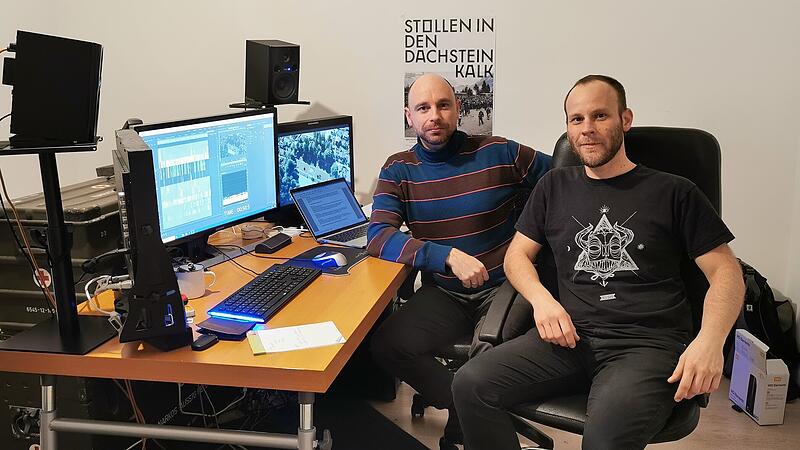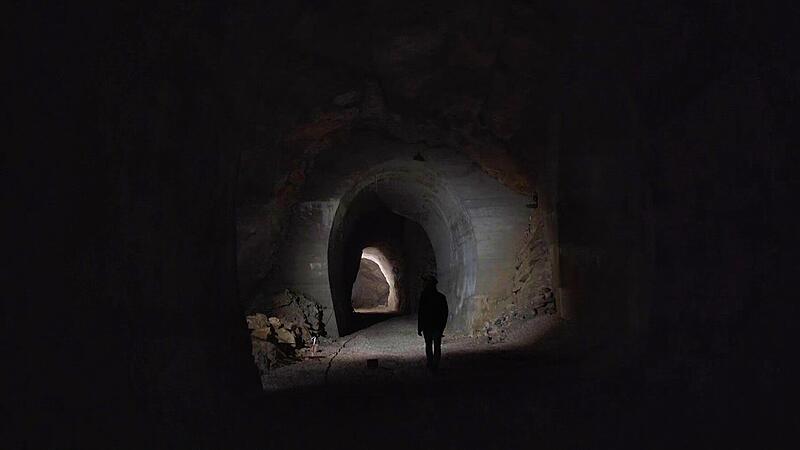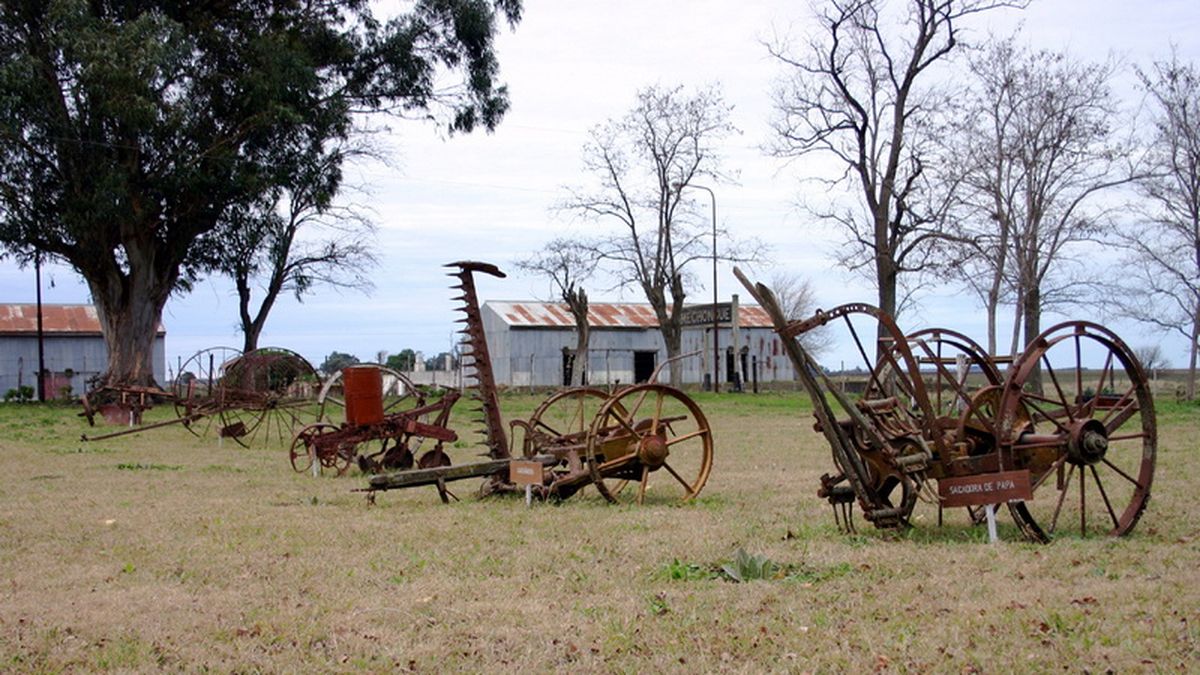They weighed an average of 34 kilograms at the time. There were around 16,000 prisoners in Ebensee concentration camp on May 5, 1946, who were liberated the following day. A contemporary witness in the TV film “Lager des Terrors” recalls that some of them went outside the gate. “They couldn’t understand it anymore, collapsed and gave up their lives in freedom.” Before that, 8,745 people had to die in the Ebensee concentration camp. Andreas Kurz works on the reason extensively in his directorial work (today 20:15, ORF 3, then on tvthek.orf.at).
Studs for the “Wonder Weapons”
At its core, the atrocities resulted from a “dream” to which the Nazi leadership clung: the “final victory.” The Ebensee concentration camp should also secure him. In 1943 the Allies had bombed rocket research in northern Germany, where Wernher von Braun (1912–1977) was working on a “wonder weapon”, the “V2” rocket. It was decided to hide research and development underground. From 1944, the tunnels pushed thousands of deportees into the Dachstein. They were never used. For more than a year, Kurz (41) worked with his producer Mario Hengster from Timelkam on his documentary – the first to deal comprehensively with the secret armaments project “Cement”, especially with its victims, survivors, witnesses.
Wolfgang Quatember, head of the “Contemporary History Museum Ebensee”, provided video interviews with survivors that got under your skin. Opposite, Kurz assembles memories like that of Franziska Feichtinger, who stumbled into a concentration camp squad as a girl. “These are people too,” she thought to herself. “Because we were drilled into it that there weren’t any.”


Kurz and his team managed to unearth many such eye-opening stories. The research in Prague on that of the survivor Drahomir Barta even culminated in a coup for source research: the camp clerk’s private archive contained the original correspondence with his later wife Vera in the Auschwitz concentration camp. As a camp clerk, Barta managed to send uncensored letters to his parents in Czech, which became a bridge for those of Vera from Auschwitz – at a time when concentration camp prisoners were intrinsically isolated from their families.
Kurz also had a very personal reason for his film. His grandmother grew up partly in the inn “Zur Ebensee” (later “Ebenseer”), which gave him wonderful memories.
When he became aware of the dimensions of the tunnel, “it hit me harder than someone who was unfamiliar with the place. If you are presented with such a youthful idyll, you take a closer look.”
Source: Nachrichten




